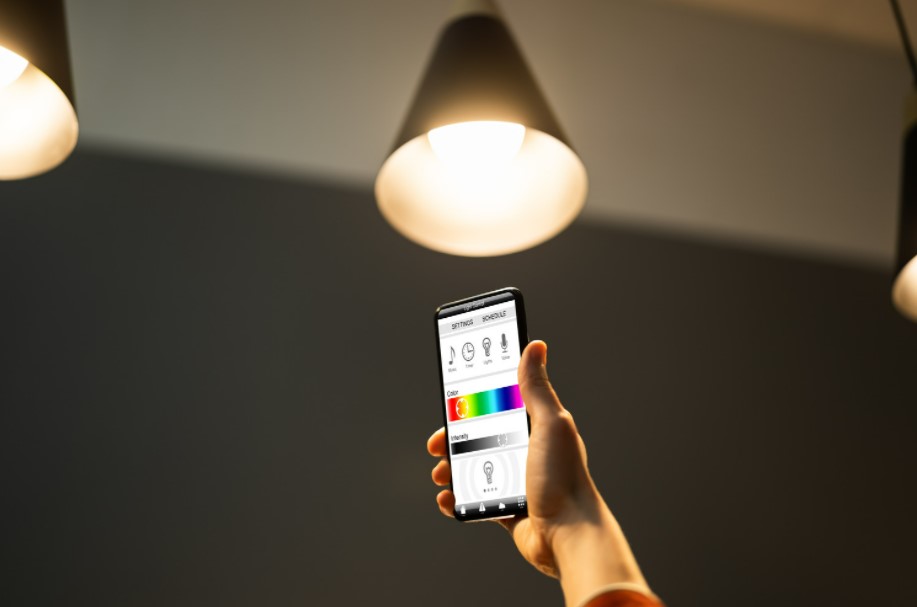Smart lighting systems offer several benefits and contributions to your house. Here are some ways they can help:
- Convenience and ease of use: Smart lighting systems allow you to control your lights effortlessly. With the help of smartphone apps or voice commands through voice assistants like Amazon Alexa or Google Assistant, you can turn your lights on or off, adjust brightness, and even change colors without physically operating switches or dimmers. This convenience adds a level of comfort and ease to your daily life.
- Energy efficiency and cost savings: Smart lighting systems often feature energy-efficient LED bulbs. They consume less energy compared to traditional incandescent bulbs, resulting in lower electricity bills. Additionally, you can schedule your lights to turn on or off automatically, adjust brightness based on natural light levels, or use motion sensors to activate lights only when needed. These features help conserve energy and reduce unnecessary lighting usage.
- Personalization and ambiance: Smart lighting systems offer a wide range of customization options. You can adjust the color, brightness, and warmth of the light to create different moods and ambiance in your living spaces. Whether you want bright white light for focused tasks or warm, dimmed lighting for relaxation, smart lights can be tailored to your preferences.
- Security and safety: Smart lighting systems can enhance your home security. You can program lights to turn on and off at specific times, giving the appearance that someone is home, even when you’re away. This can deter potential intruders. Additionally, motion sensors can trigger lights to turn on when someone enters a room, ensuring visibility and reducing the risk of accidents or falls.
- Integration with other smart devices: Smart lighting systems can integrate with other smart home devices, allowing for seamless automation and control. For example, you can create “scenes” that simultaneously adjust lighting, thermostats, and audio systems to create a specific environment. Integration with smart assistants also enables voice control and the ability to incorporate lighting into broader routines or smart home automations.
- Health and well-being: Some smart lighting systems offer features that support your circadian rhythm. They can automatically adjust the color temperature and brightness of the lights throughout the day to simulate natural sunlight patterns. This can help regulate your sleep-wake cycle, improve mood, and promote overall well-being.
- Remote control and monitoring: Smart lighting systems enable remote access, allowing you to control and monitor your lights from anywhere using your smartphone or tablet. This feature is particularly useful when you’re away from home and want to ensure your lights are off or create the illusion of an occupied house.
By providing convenience, energy efficiency, customization, security, integration, and health benefits, smart lighting systems significantly contribute to your house’s functionality, aesthetics, and overall smart home experience.

